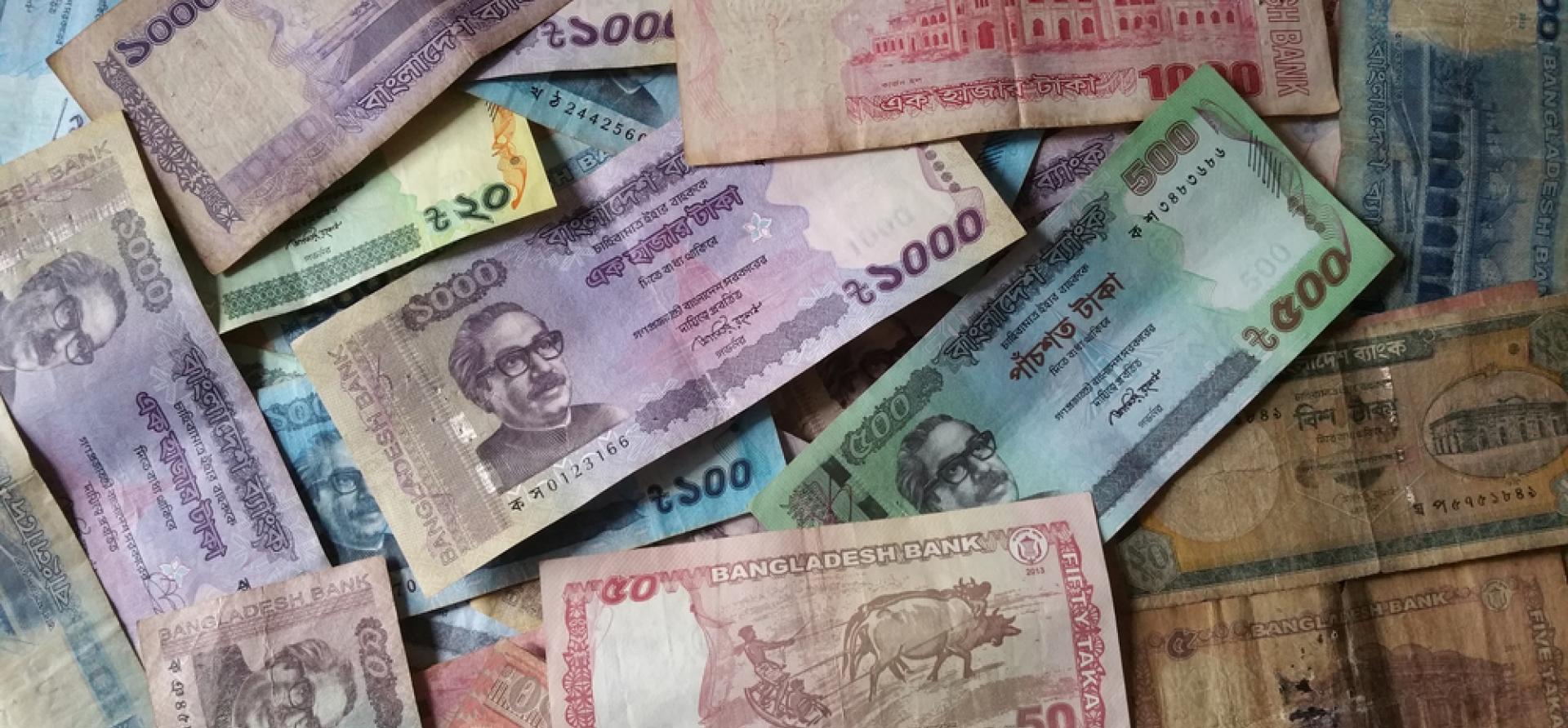A four-point budget proposal to boost clean energy in Bangladesh

Key Findings
Bangladesh’s upcoming 2023-24 budget should aim to spur renewable energy expansion, particularly solar.
Budgetary support for clean energy initiatives and directives to utilise expensive fossil-fuels-based power plants less could boost clean energy.
Focus areas for the budget should be replacing diesel-fired irrigation pumps with solar-driven systems, piloting battery energy storage, waiving or reimbursing duties on rooftop solar accessories and reducing reliance on expensive oil-based electricity.
As the finance minister of Bangladesh prepares to release the national budget for 2023–24 in June, the energy and power sectors should be a focus. Despite the success of the incumbent government over the last decade in accelerating power generation capacity, a reliance on imported fossil fuels has exposed the country’s vulnerability to external energy price shocks. The Bangladesh Power Development Board (BPDB) is also experiencing the uphill task of managing the burgeoning subsidy burden.
Against this backdrop, the upcoming budget could guide the vulnerable power and energy sectors towards economic sustainability and energy security. The national budget should aim to spur renewable energy expansion, particularly solar. Budgetary support for clean energy initiatives and directives to utilise expensive fossil-fuels-based power plants less could boost clean energy in the country.
Upscaling solar irrigation
Under the draft Integrated Energy and Power Master Plan, expected to be released this year, Bangladesh has set a clean energy target of 40% by 2041. To attain this goal, Bangladesh should replace diesel-run irrigation systems with solar power.
While the Infrastructure Development Finance Company Limited (IDCOL) has been supporting this initiative with funding from donor agencies, spearheading transformation in a sector comprising some 1.07 million irrigation systems would require additional support.
IDCOL’s financing model includes a grant component with debt and equity for solar pumps. Following this tested model, the government could allocate grant funds, distributed over several years, towards solar irrigation for a more rapid sectoral transformation. An assessment of the full funding needed and the donor agencies’ contribution level would help the government determine the necessary budget allocation for the sector.
Notably, replacing diesel-fired irrigation pumps with solar-driven systems could help Bangladesh install 4,000 megawatts (MW) of solar capacity and reduce annual fuel import bills worth US$917 million by avoiding diesel consumption and supplying additional electricity to the grid. It would also help avoid 3.7 million tonnes of CO2 emissions annually and contribute considerably to achieving Bangladesh’s climate goals. Additionally, large-scale implementation of solar irrigation systems would create job opportunities.
Piloting renewable energy with battery storage for flexible generation
With the growing share of renewable energy in its power mix, Bangladesh could enhance flexibility in the power system. Incorporating battery storage systems with the new grid-scale solar projects would provide flexibility and help reduce oil-based power generation when the sun is not shining. This could also reduce gas-based peaking power plant operations.
Although energy storage is expensive, it is getting cheaper and will likely be a more viable option in the future. Bangladesh could therefore start piloting new grid-scale solar projects backed by battery storage systems. The government could keep this piloting provision under the energy and power sectors’ budgetary allocation to create an ecosystem for swift implementation of storage facilities at scale once they become financially viable.
The government could also earmark budget funds to identify suitable land for grid-scale solar projects, and assess both offshore and onshore wind potential.
Waive or reimbursement of duties on rooftop solar accessories
Studies have shown that industrial rooftops in Bangladesh could accommodate some 5,000MW of solar energy. However, four accessories – namely fibre-reinforced polymer walkways, imported inverters, mounting structures and direct current cable – are subject to import duties, ranging from 15.25% to 58.6%, raising project costs.
A ballpark analysis reveals that Bangladesh would be better off removing the duties than realising one-off import revenue. For instance, installing a combined capacity of 1,000MW of rooftop solar systems might cost Bangladeshi Taka (Tk) 7,000 crore (US$0.66 billion), of which the four accessories above would account for 25–30% (Tk1,750 to 2,100 crore) of the total cost. Assuming the average burden of duties is 30% of the total cost of accessories, the one-off import duties would be less than Tk650 crore (US$61 million). At the same time, 1,000MW of rooftop solar systems could generate 1,400 million kilowatt-hour (kWh) of electricity, assuming 4 hours of operation a day for 350 days a year.
Given that the BPDB purchased electricity at more than Tk15/kWh (US$0.14) from a good number of power plants in fiscal year (FY) 2021-22 and large industries currently pay around Tk9.78/kWh (US$0.092/kWh) for grid electricity after three rounds of price hikes, rooftop solar systems would reduce costs by Tk5.25/kWh (US$0.05). Considering this per unit savings, the BPDB could save Tk735 crore (US$69 million) per annum from the potential 1,400 million kWh of electricity generated from rooftop systems. Over a span of 25 years, the combined financial gain from 1,000MW of rooftop solar would be Tk18,375 crores (US$1.73 billion), which is around 30 times more than the one-off duties the government would collect over the same period.
While Bangladesh’s low tax-to-GDP ratio is one reason for collecting these duties, the one-off revenue from import duties is meager compared to total revenue of Tk332,473.4 crore (US$31.28 billion) collected in FY2021-22. In its upcoming budget, the government should consider including a directive to waive the existing duties on rooftop solar accessories or reimburse the amount later.
A clear pathway on reducing dependence on costly oil-based power generation
Energy curves analysis shows that Bangladesh uses expensive oil-based electricity generation throughout the year. A good number of oil-fired units cost the BPDB Tk15–20/kWh (US$0.14–0.19/kWh) in FY2021-22, although in a few cases the cost was more than Tk30/kWh (US$0.28/kWh). However, rooftop and utility-scale solar can generate electricity at Tk5.25/kWh and Tk7.6/kWh, respectively. In light of the need for transitioning to a clean and cost-effective electricity system, the finance minister could recommend that the Power Division design a pathway to reduce reliance on expensive oil-based electricity and increase the use of clean energy.
Over the last decade, Bangladesh has made significant efforts towards renewable energy development, albeit with limited progress. However, interest in renewables is growing among private and public sector agencies amid rising power generation costs and subsidy burden. Utility-scale projects are coming online too. Building on this momentum, the four points proposed here could be incorporated in the budget and would help Bangladesh transition more quickly to a clean and cheaper power generation system with enhanced energy security.
This article was first published in The Daily Star.
















